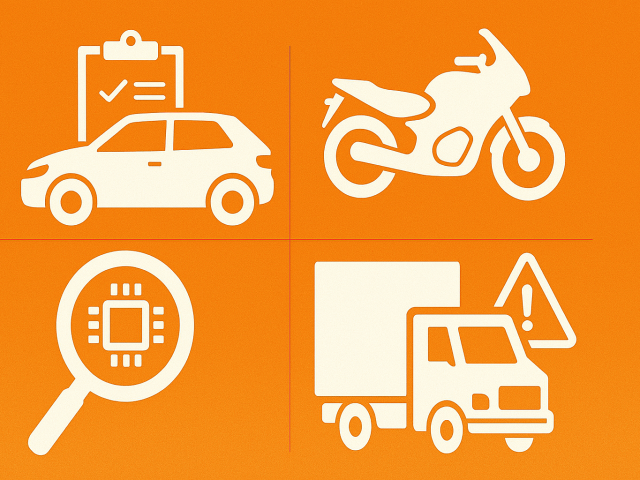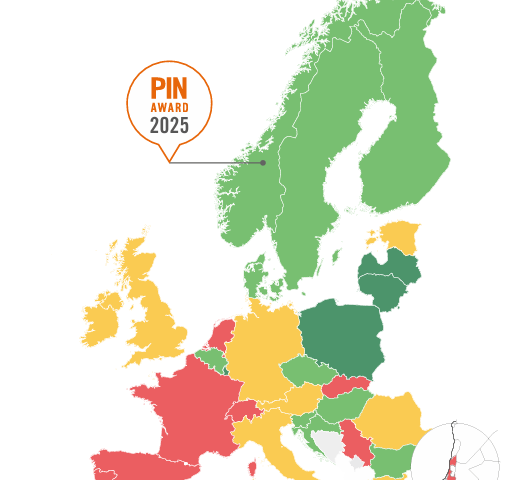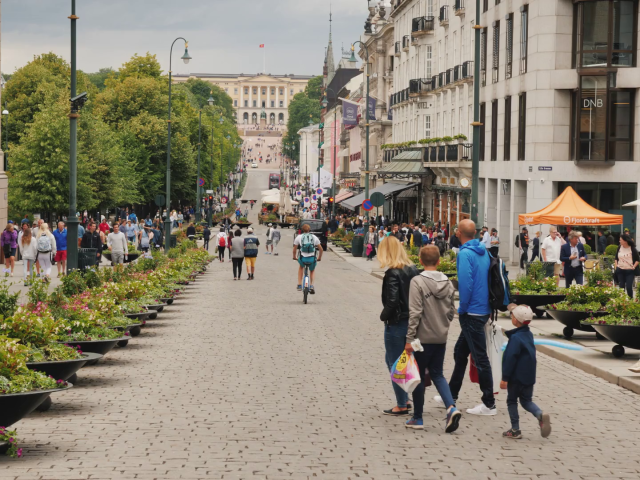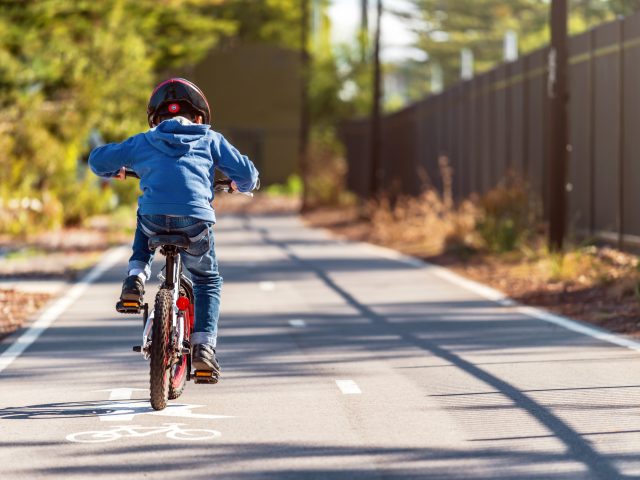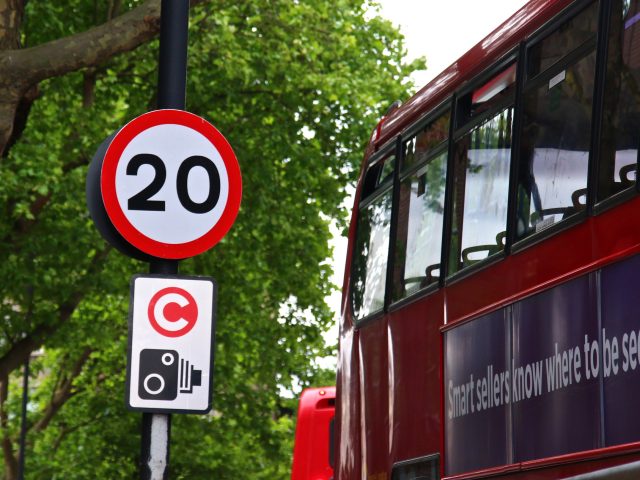Drink-Driving in Sweden
Figures
Estimates from the Swedish Transport Administration show that around 24% of drivers killed on Swedish roads in 2012 were involved in an alcohol-related crash.
In 2018, 25 road deaths were attributed to alcohol (only vehicle driver deaths). Provisional figures from 2019 registered 15 killed impaired drivers of passenger cars.
National policies
The Swedish government set up interim targets in accordance with the adoption of Vision Zero. The latest commitment was made in 2008, with deaths to be reduced by 50% and seriously injured by 25% between 2007 and 2020.
Thirteen Road Safety Indicators were proposed in order to reach the overall objective by 2020. One of the indicators established the target of 99.90% of traffic volume with sober drivers to be achieved by 2020. Based on the last figures, the proportion of sober drivers (defined as drivers with a BAC limit below 0.2g/l) has increased from 99.71% in 2007 to 99.75% in 2019.
BAC limit and sanctions
Sweden BAC limit was set at 0.2g/l for all categories of road users, already in 1990. Young and professional drivers and riders are not treated differently in terms of BAC level.
Sanctions related to drink driving may vary depending on the severity of the offence (‘drink driving’ and ‘gross drink driving’). The sanctions imposed by the Swedish legislation are as follows:
| Type of offence | BAC | Sanction | Driving license suspension |
|---|---|---|---|
| Drink Driving | From 0.2g/l up to 0.99g/l | ‘Day fines’ or imprisonment up to 6 months (although extremely unusual) | 1 year (standard length) For lower concentration (0.2 – about 0.3) a warning instead of suspension is possible |
| Severe Drink Driving | From 1.0g/l | Imprisonment from 1 month to 2 years. Can be on probation. | 2 years (standard length) but can be longer. |
Enforcement
The number of alcohol roadside police tests in Sweden has decreased dramatically since 2010, moving from almost 2.7 million to 1.3 million in 2019, more than 50% reduction in less than a decade.
To cope with limited police resources, discussions are ongoing on the possibility of allow non-police-personnel to perform random breath tests.
Rehabilitation and Alcohol Interlock programmes
Rehabilitation programmes
Sweden offers driver rehabilitation to DUI offenders. This is called SMADIT (Joint action against alcohol and drugs in traffic) and is a collaboration between the police, the social services and the dependency care and treatment services. The aim of SMADIT is to quickly offer treatment to suspected drunk and drug drivers who can enter the program as soon as they are suspected and do not need to wait for the sentence.
Alcohol Interlock programme
In Sweden, the alcohol Interlock programme is voluntary and applies to all types of driver’s licenses. The duration of the Swedish alcohol interlock programme is:
- one year for drivers convicted of drink-driving with a BAC level between 0.2 and 0.9 g/l;
- two years for convicted repeat drink-driving offenders (within a five-year period), persons convicted for drink driving with a BAC level higher than 1.0 g/l.
The withdrawal period for those that do not participate in the program is usually one or two years depending on the severity of the offence. One year applies, generally, to those with a BAC less than 1 g/L and two years to those with 1 g/L or higher.
The alcohol interlock programme for offenders is placed under administrative law and permits the installation of alcohol interlocks as an alternative to revocation of the driving licence.
Alcohol Interlock in commercial transport and public procurement
The devices are employed within commercial transport on a voluntary basis. Many municipalities began having alcohol interlocks fitted in their own fleets.
The Government committed having most of government vehicles equipped with an alcohol interlock by 2012. Since January 2010, all those authorities who purchase, lease, and use vehicles for certain contracted road transport including all school transport vehicles had to be fitted with alcohol interlocks. To date, alcohol interlocks can be found in most buses, taxis, trucks, cars, school buses, locomotives/trains, ferries, etc.
Campaigns
The ‘Day of Traffic Sobriety’ is organised by MHF every year in May with demonstrations for sober traffic in many places across the country. The car testing stations distribute brochures to all customers and the police carry out extra sobriety tests. MHF also usually get to be part of morning TV news where traffic accident victims are also included. See one by clicking here:
To read the full country focus click here.

